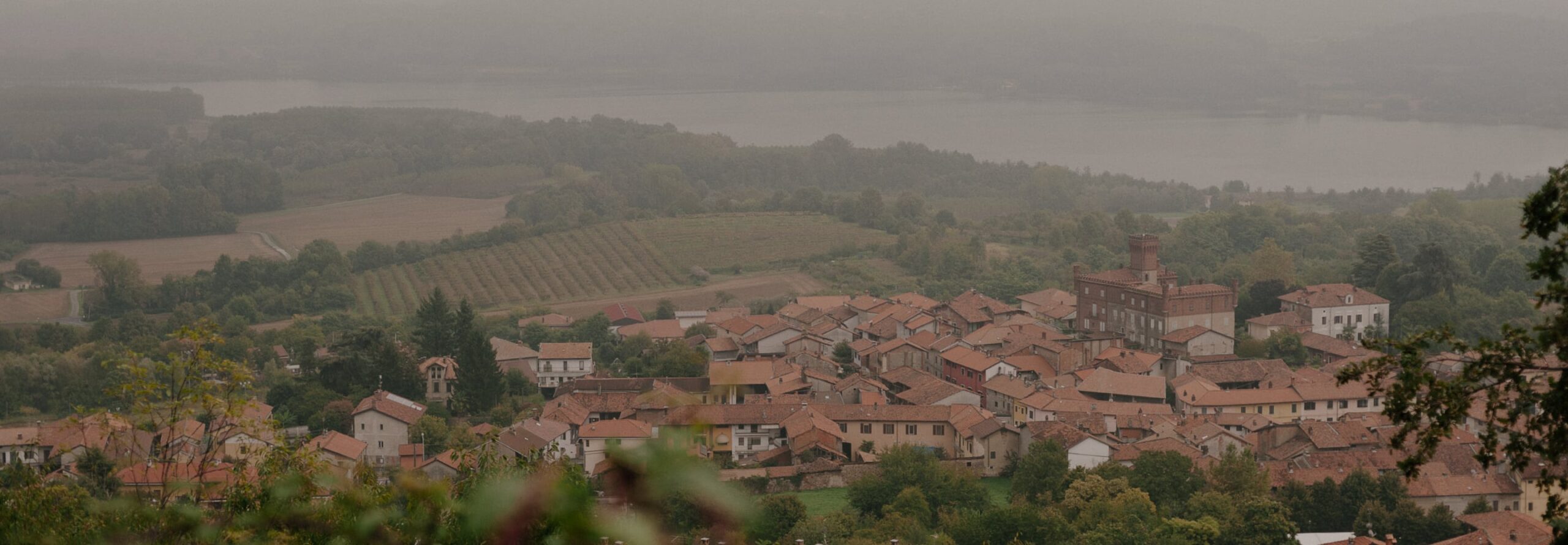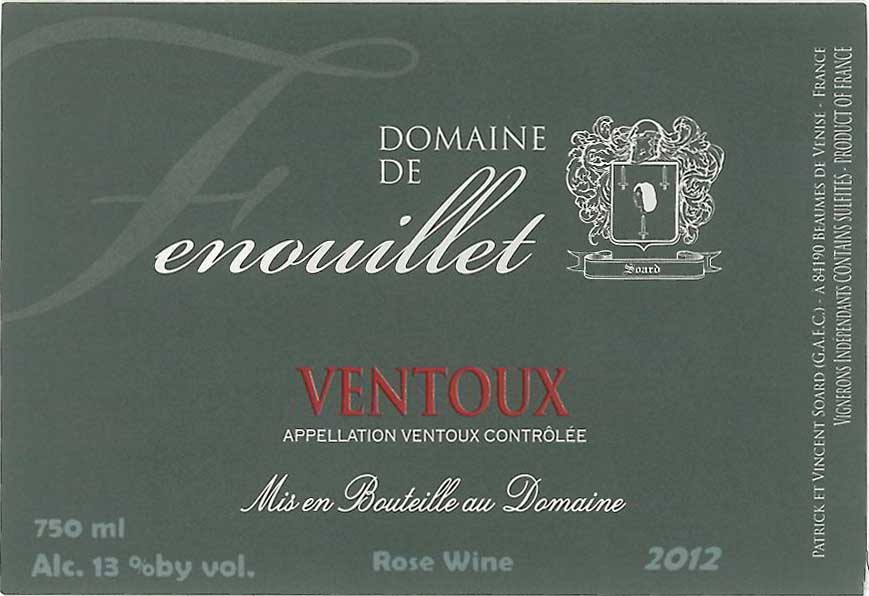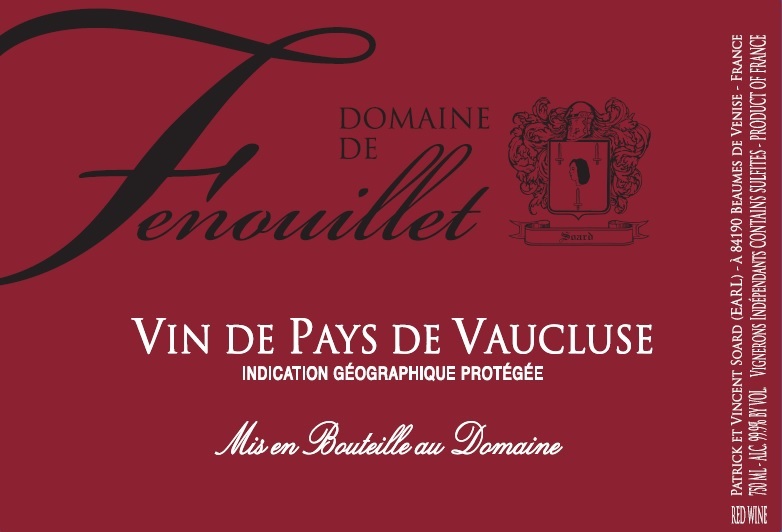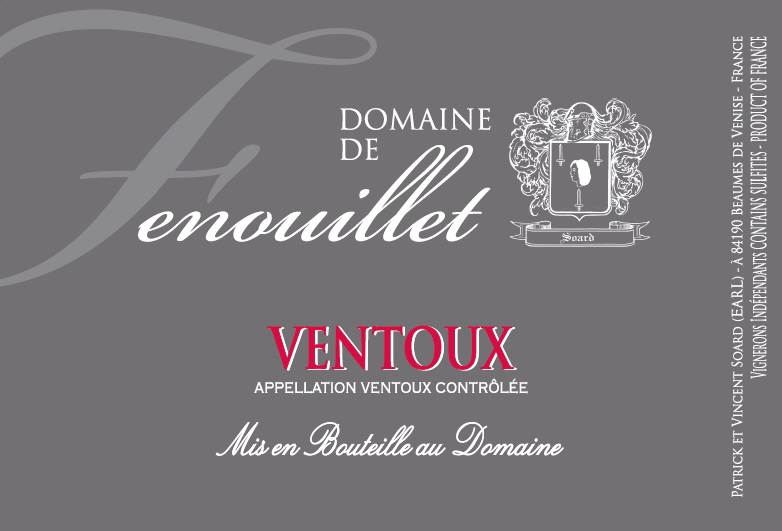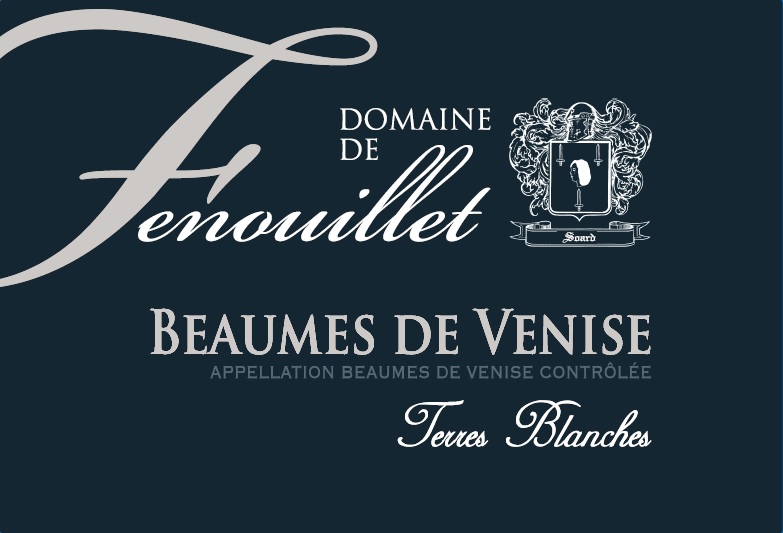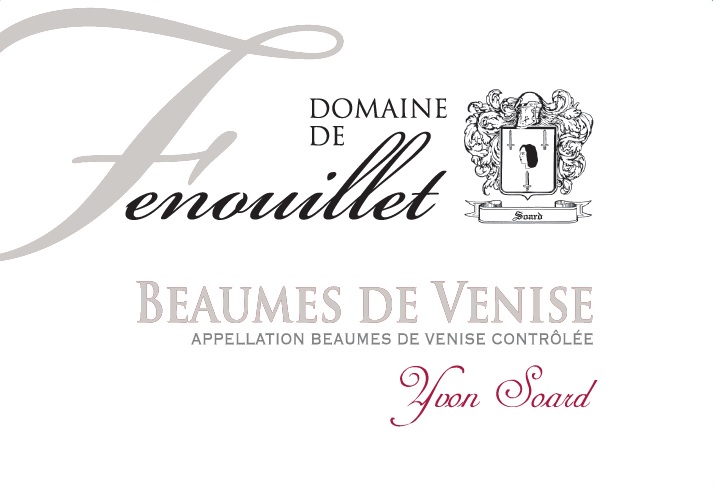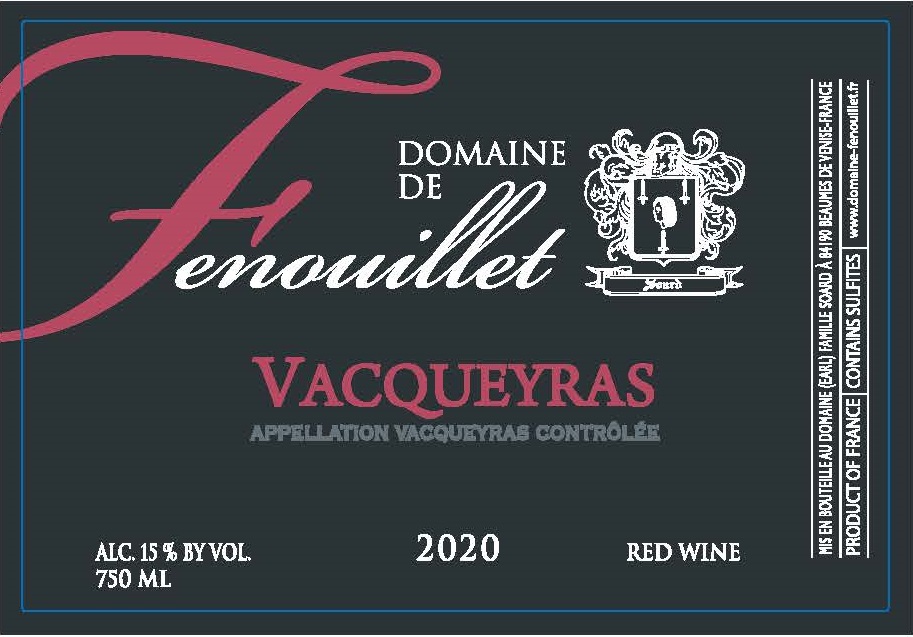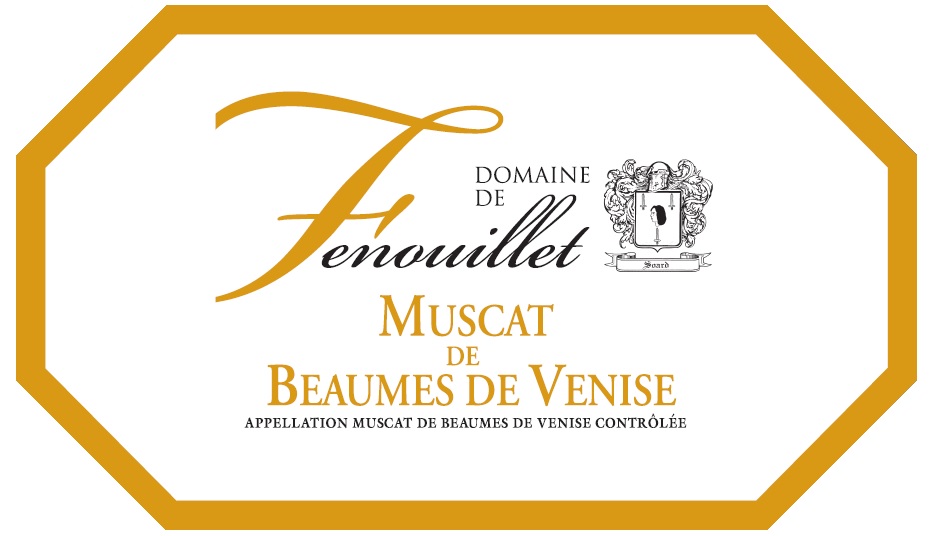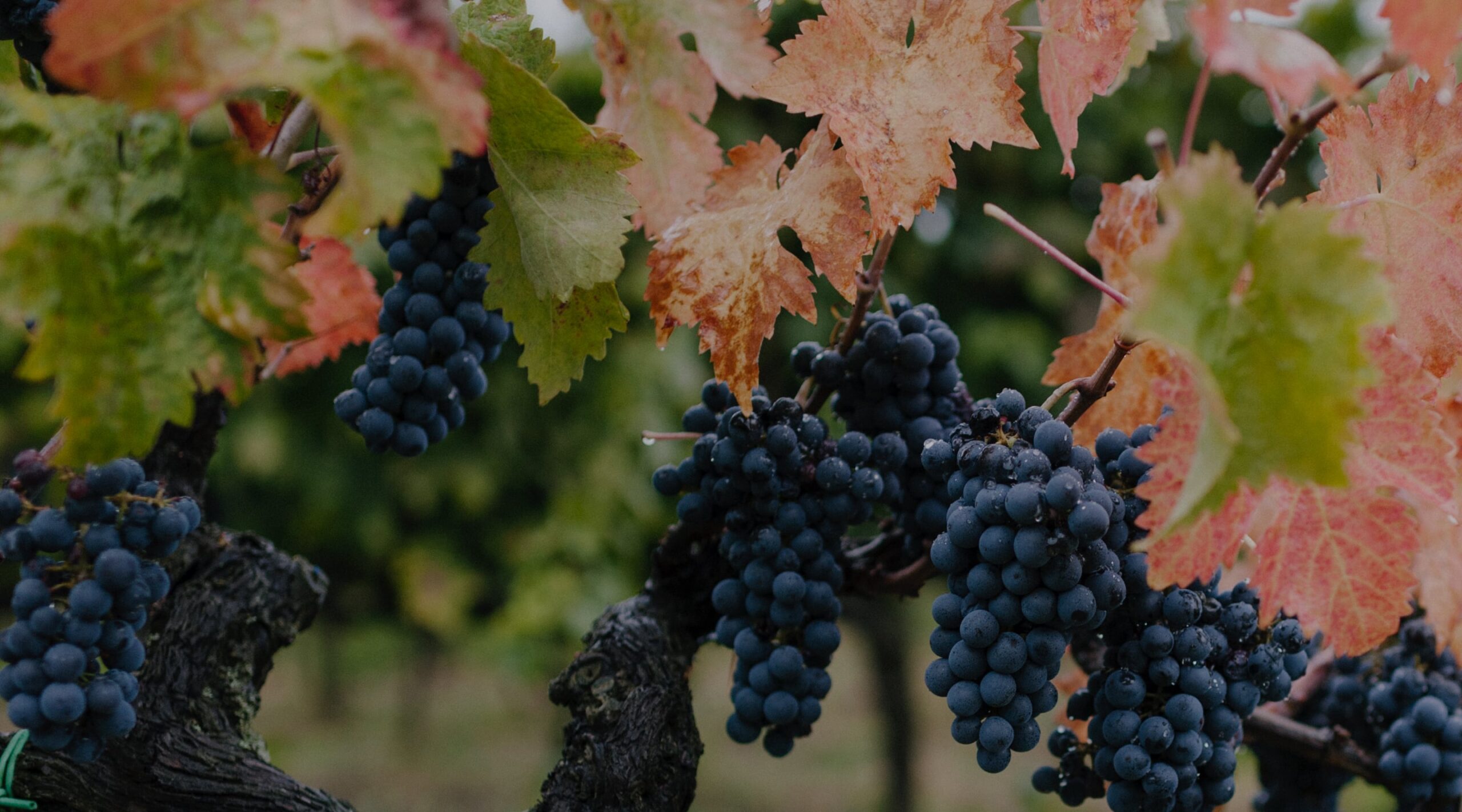
Domaine de Fenouillet
Wines
Beaumes-de-Venise
Ventoux Rosé
This rosé is vinified partially by direct press and partially by “saignée”, the juice is naturally clarified after a cold “débourbage” of 24 hours, the wine ferments at temperature that never exceeds 16 degrees Celsius and then it is aged on the fine lees for four to six months before bottling. It is a blend of 50% Cinsault, 40% Grenache and 10% Syrah, all of which is planted to soils of clay, limestone and silex. Production is limited: we import approximately 6,000 bottles per annum for the US market.
Vaucluse Rouge
This lovely bargain is a blend of the hybrid grape “Marsellan” and Merlot, a curious concoction that produces a silky wine redolent of red fruit mingled with “sous-bois”. The grapes are crushed, destemmed and then macerated and fermented for a week or so before being racked into cement cuve for six months before bottling. We import 7,500 to 9,000 bottles per year for the US market.
Ventoux Rouge
This cuvée is a blend of 75% Grenache, 20% Syrah and 5% Carignan. It is sourced from three separate “terroirs”: the stony silex-infused plateau of Saint Hippolyte, the silex dominated soils of the hill of Piniere in Aubignan and the clay-limestone mix in the soils of the commune of Barroux. The parcels are harvested and vinified separately and the final blend is created before the bottling which occurs prior to the next year’s harvest. Annual production is in the neighborhood of 16,000 bottles of which about half (7,800 bottles) are shipped by us for distribution in the USA.
Beaumes de Venise Rouge, “Terres Blanches”
This is the most important wine of the domaine in terms of production and the wine that we feel offers exceptional value for its quality. The vineyards are situated on the massif of the Dentelles de Montmirail and much of the vineyard surface is laid out in terraces to accommodate the steep slope of the hill. The soil is clay and limestone and the “encépagement” is 50% Grenache, 40% Syrah and 10% Mourvèdre. Harvest and vinification is done parcel-by-parcel and the final blend is done after a long cuvaison designed to obtain the finest and most profound extracts. The wine is bottled unfiltered after eleven months of aging in cement cuves. 3,600 to 4,800 bottles are shipped annually for our use in the USA.
Beaumes de Venise Rouge, “Yvon Soard”
A limited production wine produced in the best vintages in honor of the father of Patrick and Vincent Soard. This wine is sourced from the oldest vines of the domaine (80 years old) from a hillside “combe” in the shadow of the Dentelles de Montmirail and just over the hill from Gigondas. The vineyard is a mix of clay and limestone and harvest levels are low, usually reaching at most 35 hectoliters per hectare. The wine is aged in cement cuves for two years before being bottled unfiltered. The final grape blend is usually: 50% Syrah, 35% Grenache and 15% mourvèdre. Approximately 3,600 bottles are produced annually; 1,200 bottles plus a few magnums are bottled for us for sale in the USA.
Vacqueyras
The Soard family's foray into the neighboring appellation of Vacqueyras began with the 2019 vintage with their purchase of 1.4 hectares on friable clay-limestone soils strewn with galet-stones in Sarrians, and 0.4 hectares of garrigue terroir in the commune of Vacqueyras. 60% Grenache planted in the 1950s and 2000s and 40% Syrah from the 1980s are destemmed and vinified separately with wild yeasts in concrete vats over three weeks with periodic pumpovers; after malo, the Grencache is raised in concrete and the Syrah in oak (though this changes in 2022 to all concrete) for 18 months. Aromas and flavors of red berry fruit and crushed herbs are carried on a backbone of chewy tannins.
Muscat de Beaumes de Venise
The Muscat grape is best when planted in poor, sandy soils in Beaumes de Venise. The grapes for this cuvée are selected after a series of passes through the vineyards to pick the grapes at the proper level of maturity with the desired balance between sugar and acid; a further “trie” occurs upon entry to the chai. The fermentation, at low temperatures to best preserve the enchanting aromas of the Muscat grape, is stopped at the point where the alcohol – sugar balance is as desired. The Fenouillet Muscat de Beaumes de Venise is a marvel: complex nose of ripe fruits (peaches and citrus) and flowers, ample and harmonious mouthfeel and a long, fresh finish. Fenouillet produces about 30,000 bottles per vintage.
